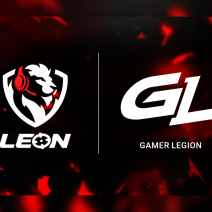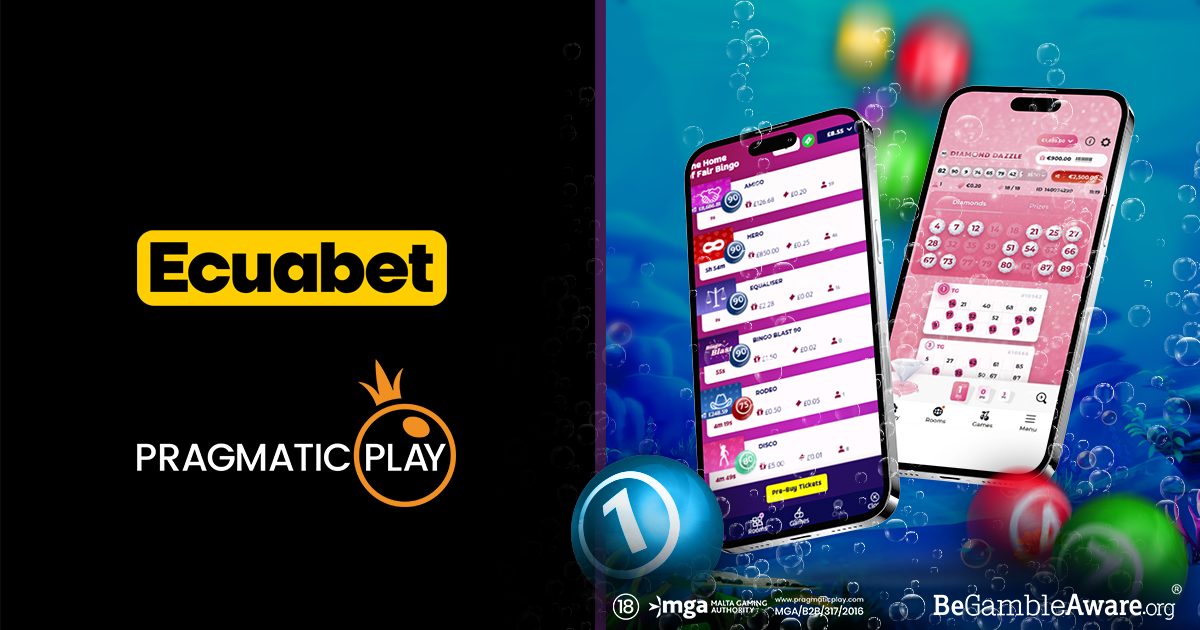
NJ Attorney General Platkin Announces the Retirement of Division of Gaming Enforcement Director David Rebuck
Attorney General Matthew J. Platkin announced the retirement of David L. Rebuck after serving 13 years as the Director of the Division of Gaming Enforcement (DGE), making him the longest-serving director in DGE’s history. In total, Director Rebuck is retiring with 36 years of service to the State.
Attorney General Matthew J. Platkin said: “Throughout his career, David Rebuck has exemplified professionalism, innovation, and leadership as the gaming industry transformed, first with the legalization of Internet gaming in 2013 and then with the new era of sports gaming in 2018. His extensive knowledge of the gaming and casino industry has made New Jersey a recognized regulatory leader and pacesetter in the United States. With Dave’s departure, however, I am pleased to announce that Deputy Director Mary Jo Flaherty will assume the role of Interim Director. Mary Jo is a respected and talented lawyer, and brings with her over 40 years of experience of regulating the gaming industry within DGE. I am grateful for her stepping up to lead the Division at this critical time.”
Director Rebuck said: “I have always said the achievements at DGE have not been the result of any one person. I have been privileged and grateful to work with an amazing team at DGE and to serve under two governors and eight attorneys general.”
Rebuck’s career with the Department began as a Deputy Attorney General in January 1988. He provided legal advice in the review of programs and operations within LPS, assisted in the evaluation of the performance of agencies within the Department, and reviewed legislation.
In February 2010, he was assigned to the Governor’s Office as a Senior Policy Advisor. While at the Governor’s Office, Director Rebuck assisted in the Governor’s initiative to reinvigorate Atlantic City and was a member of the “Red Tape Review Group”. Director Rebuck was nominated by Governor Chris Christie to lead DGE on April 29, 2011, and assumed the role of Acting Director on that date. Rebuck was confirmed by the State Senate and sworn in as DGE Director on January 24, 2012.
Rebuck’s tenure at DGE began shortly after P.L. 2011, c. 19 which effectuated the most significant overhaul the Casino Control Act had experienced in its history as of that date. The legislation brought with it sweeping changes, including the assignment to DGE of many responsibilities previously performed by the Casino Control Commission. Under Director Rebuck’s leadership, DGE re-examined the entire set of existing casino regulations to ensure consistency and efficiency. A complete new set of regulations was adopted in December 2011.
Director Rebuck led DGE through additional innovative changes to the gambling industry in New Jersey; in 2013, the State became the first in the country to launch legalized Internet casino gambling, and in 2018, after a protracted legal battle led by New Jersey, commenced legal sports wagering. In addition to overseeing the launch of new forms of gaming, Director Rebuck oversaw the launch of DGE’s Responsible Gambling Initiative last year and implemented enhanced advertising standards for New Jersey’s casino and sports betting industry. He also spearheaded new initiatives to improve casino security and safety in the Tourism District in Atlantic City.
To mark his contributions at DGE, Director Rebuck will be honored with a Lifetime Achievement Award at the 27th Annual East Coast Gaming Congress (ECGC), becoming only the fifth person in ECGC’s history to receive such recognition. The award will be presented on April 18, 2024 at the Hard Rock Hotel & Casino in Atlantic City.
DGE Deputy Director Flaherty’s service as Interim Director is effective Friday, March 1, 2024. Flaherty began her career with DGE in 1979 and holds a J.D. from the Seton Hall Law School. As Deputy Director, she is responsible for overseeing casino licensing, financial analysis and reporting, employee licensing, public records requests, equal employment opportunity within the industry and DGE, ethics compliance, and the release of information to law enforcement agencies and gaming authorities.










